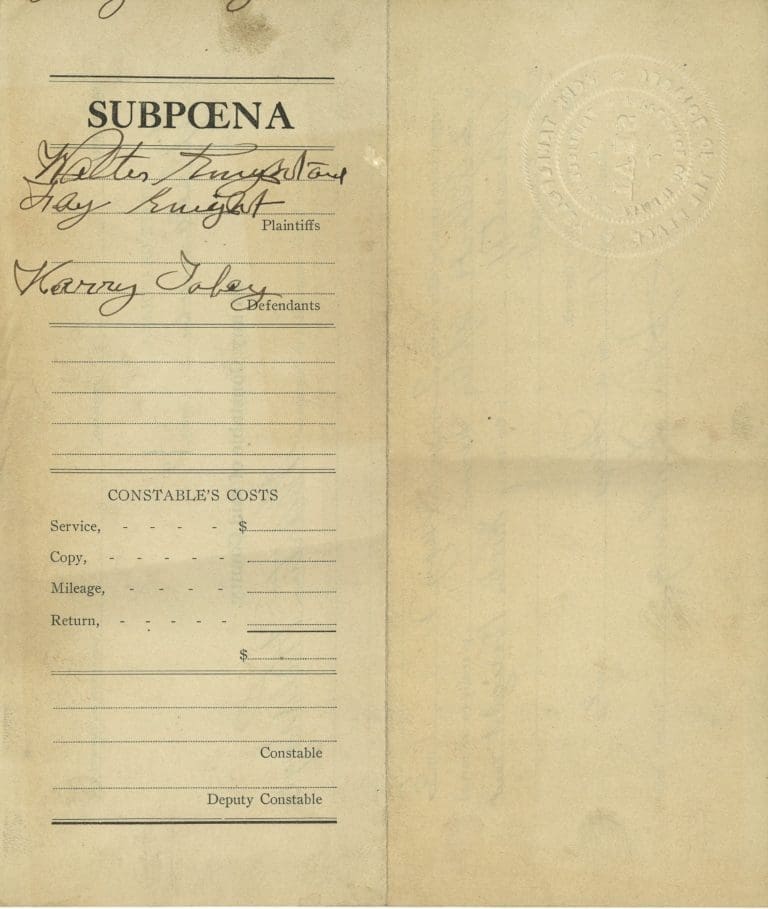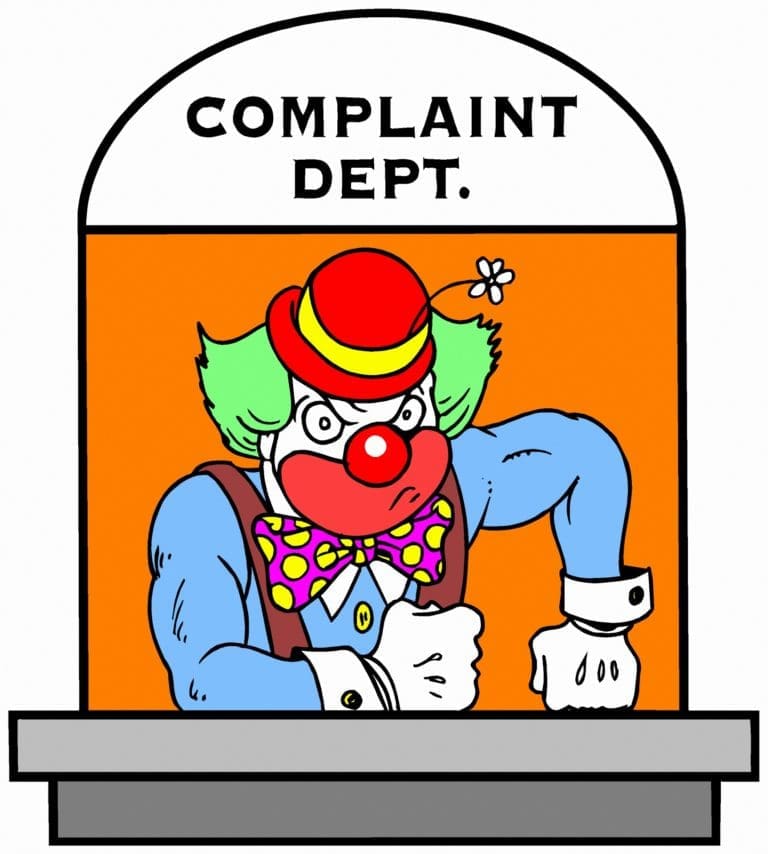Guardian
North Carolina recognizes a cause of action for tortious inference with expected inheritance. This cause of action can be confused with tortious interference with prospective economic advantage, which occurs in the context of a contract or potential contract. Conversely, tortious interference with expected inheritance occurs in the context of a will or estate, rather than…
Read MoreIn a recent blog post, Lord & Lindley discussed the Fourth Circuit Court of Appeals ruling in Ameican Association of Political Consultants, Inc. v. FCC, which addressed First Amendment questions regarding the regulation of “robocalls” related to debt collection for government-backed loans. The United States Congress recently announced proposed legislation to combat the practice of…
Read MoreRic Ocasek, famed singer for The Cars, recently passed away leaving behind a will that purportedly removes his estranged wife, Paulina Porizkova, as a beneficiary of his estate. Ocasek and Porizkova were in the process of divorcing when Ocasek died; however, the divorce was not finalized, and the two were still legally married. Removing one’s…
Read MoreIn honor of the upcoming Veterans Day holiday, this blog post will discuss the Servicemembers Civil Relief Act (the “SCRA”), which provides specific protections for those in active duty military service, as well as their dependents. The SCRA’s Specified Protections The SCRA was enacted in 2003 and recognizes that those in active duty…
Read MoreNorth Carolina-based Epic Games filed a lawsuit over the alleged leak of secret information related to Fortnite Chapter 2. The company claims employee Ronald Sykes violated the terms of a non-disclosure agreement by sharing information related to the new game, including new game-play features and a virtual map of the fictional game universe, prior to…
Read MoreA subpoena is a very useful tool for gathering information in civil litigation. They are also used in other contexts, such as by the United States Congress (for example, the congressional subpoena issued to Rudy Giuliani). A civil subpoena is a document provided to an individual or entity compelling that individual or entity to do…
Read MoreDuke’s Mayonnaise can trace its roots to 1917 in Greenville, South Carolina. Founder Eugenia Duke developed a recipe for mayonnaise to add to sandwiches she sold to soldiers fighting in World War I. Eventually, the sandwich shop became an independent business – the Duke Sandwich Company – and Duke’s mayonnaise continued to be produced by…
Read MorePART 2 This article follows Lord & Lindley’s blog post on implied warranties in construction contracts. While the previous article focused on warranties protecting the purchaser, this article will focus on warranties protecting the general contractor and subcontractors. The Implied Warranties Protecting General Contractors and Subcontractors The Implied Warranty of Suitability…
Read MorePART 1 The construction industry is largely governed by contracts. Mr. and Mrs. Smith contract with Reputable Construction, LLC to build a single-family home. The rights and responsibilities of both parties are generally determined by the contents of the contract, as enforced by North Carolina law. The contract could include express warranties –…
Read MoreWhat is Fraud? Fraud is broadly defined as an intentional misrepresentation or concealment of material fact made with intention and calculation to deceive, causing the other party to be deceived and, as a result, harmed. Elements In North Carolina, a civil claim of fraud has five essential elements. A false representation…
Read More









